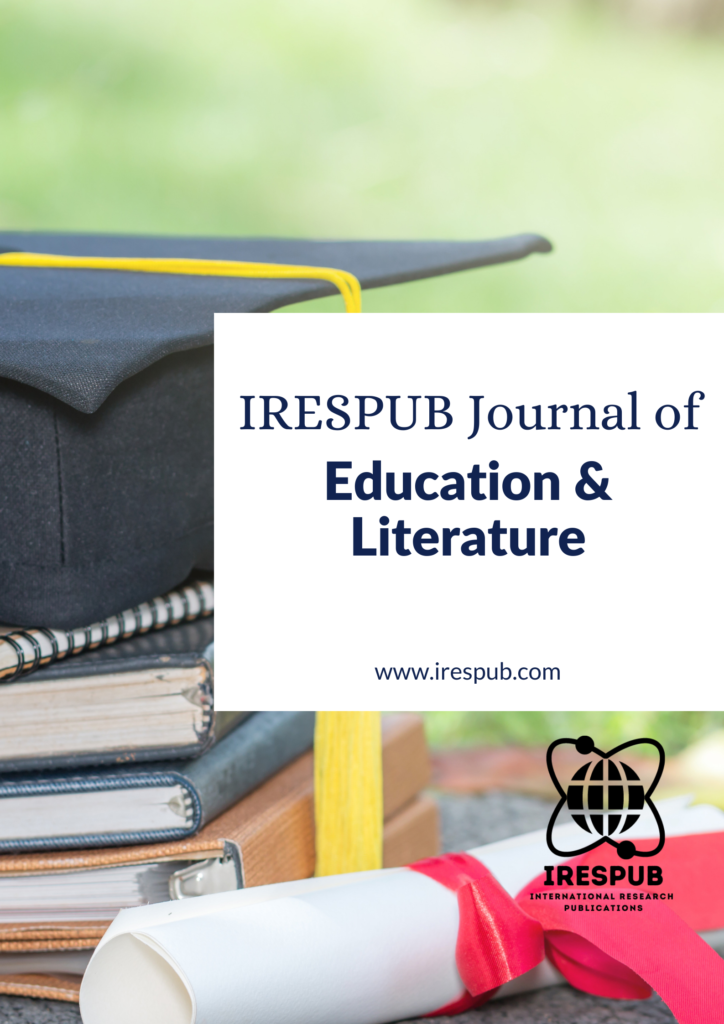
Year Launched: 2021
Journal Menu
- Scope & Research Areas
- Instructions for Authors
- Article Processing Charge
Journal List
- Natural & Applied Sciences
- Life Sciences
- Business Management
- Education & Literature
- Humanities & Cultural Studies
- Medical & Dental Sciences
- Engineering & Computer Sciences
- Agriculture, Food & Nutrition
- Environmental & Material Sciences
- Wellness & Lifestyle Management
- Arts & Ideas
- Law, Policy & Religion
Environmental factors as determinants of postgraduate studies completion time in vocational and technical education programmes in south-south Nigerian universities
Volume 2, Issue 1, Jan-Feb 2022 | Page 21-31 | PDF (286K) | Pub. Date: January 30, 2022
Author(s)
Sunny Nwakanma1*, Stanley Ikemefula Mbato2; 1Department of Technical Education, Ignatius Ajuru University of Education, Rivers State; 2Department of Educational Foundations, University of Port Harcourt, Rivers State
Abstract
This study on environmental factors as determinants of post-graduate studies completion time in vocational and technical education programmes in South-South Nigerian Universities was carried out because of the elongated completion time experienced by many students. One research question guided the study and two null hypotheses were tested. Descriptive survey research design was employed for the study. The population for this study consisted of 204 graduates of this programmes in public universities in South-South Nigeria who completed their studies in the 2017/2018 academic session. The entire population was studied without sampling since the size was not too large and was manageable. The instrument for data collection was a structured questionnaire titled ‘Environmental Determinants of Post-Graduate Studies Completion Time Questionnaire’. The instrument was validated by three experts from the Departments of Technology and Vocational Education and Educational Foundations of Nnamdi Azikiwe University, Awka. Using the Cronbach alpha method to determine the reliability of the instrument, the reliability co-efficient of 0.83 was obtained. The data collected for the study were analyzed using mean and standard deviation to answer the research question and to determine the closeness of the respondents’ mean ratings. The t-test and ANOVA were used to test the null hypotheses at 0.05 level of significance. The results of the study also revealed that environmental factors to a small extent determined post-graduate studies completion time. The findings also showed that mode of study had no significant influence on how environmental factors determine post-graduate studies completion time in vocational and technical education programmes in the area. Based on the findings, it was recommended that heads of school of postgraduate programmes should ensure that adequate and conducive classrooms, well-equipped workshops, laboratories and libraries are adequately provided and maintained to enhance effective teaching, learning and research.
Keywords
environmental factors; determinants; post-graduate studies; completion time; vocational; technical education programmes
Cite this paper
Nwakanma, S., Mbato, S. I.(2022), Environmental factors as determinants of postgraduate studies completion time in vocational and technical education programmes in south-south Nigerian universities, IRESPUB Journal of Education & Literature. Volume 2, Issue 1, Jan-Feb 2022, Page 21-31
References
[1] Akinniyi, P.J. (2015). Recognizing difference: providing for graduate students, Studies in Higher Education, 24(3), 371-386.
[2] Alexander, A.C. (2015). The supervision of research for dissertations and theses. Acta Commercil, 4, 73-89.
[3]Alokun, I.C. (2015). Being a good course-taker is not enough: A theoretical perspective on the transition to independent research. Studies in Higher Education, 30(2), 137-154.
[4] Baird, E.C. (2016). The changing face of accountability. The Journal of Higher Education, 71(4), 411-432.
[5]Beowski, G.L. (2016). Effective Teaching in Higher Education. London: Methuen.
[6] Chime, O.N. (2016). In pursuit of the Ph.D. Princeton, NJ:Princeton University Press.
[7] Chong, G.C. (2017). Recognising differences: Providing for graduate students. Studies in Higher Education, 24(3), 21-36.
[8] Clapp, C.B. (2015). Factors determining success in a graduate business program. College Student Journal, 36(3), 471-484.
[9] Colebatch, F.N. (2016). Student attrition at a new generation universities. Journal of psychology, 67(10), 677-688.
[10] Eaton, D. (2012). Distance education is on your doorstep. Trusteeship, 7(1) 4-17.
[11] Egbuonye, F.C. (2015). The supervision of research for dissertations and theses. Acta Commercil, 6(2), 73-89.
[12]Ezegbe, R.S. (2015). Doctoral supervision, workplace research and changing pedagogic practices. Higher Education Research and Development, 24(2), 165-178.
[13]Federal Republic of Nigeria (2014). National policy on education 6th edition; Lagos: NERDC Press.
[14] Gates, N.P. (2015). Customer perceptions of service quality – a critique. Total Quality Management, 12, 111-124.
[15] Goby, E.C. (2016). How to Get a Ph.D – A Handbook for Students and Their Supervisors; What the best college teacher do. Cambridge, MA: Harvard University Press.
[16] Harnby, W.C. (2014). In pursuit of the Ph.D. Princeton, NJ:Princeton University Press.
[17] Haworth, H.J. (2013). Supervision: A Social Process. New York: Appleton-Century-Crofts. Inc.
[18] Humphrey, E.S. (2017). Departmental factors affecting time-to degree and completion rates of doctoral students at one land-grant research institution. The Journal of Higher Education, 72(3), 341-367.
[19] Ikoku, G.E. (2014). Ph.D completion in canadian universities. Final report.Halifax, Nova Scotia: Graduate Students Association of Canada.
[20] Jinarek, U. (2015). Graduate supervision and academic support: Students’ perceptions. South Africa Journal of Higher Education, 16(2) 42-57.
[21] Kathryn, P.E. (2014). The supervision of research for dissertations and theses. ActaCommercil, 4(2), 73-89.
[22]Kinnel, T.N. (2015). Graduate supervision and academic support: Students’ perceptions. South African Journal of Higher Education, 16(2), 139-149.
[23] Lessing, H.C. (2013). The supervision of research for dissertations and theses. ActaCommercil, 4(1), 22-35.
[24]Lin, G.P. (2015). How to Get a Ph.D – A Handbook for Students and their Supervisors. London: Mcwell press Ltd.
[25] Lovitts, N.E. (2016). The changing face of accountability. Journal of Higher Education, 71(4), 411-432.
[26] Malvin, T.R. (2016). Departmental factors affecting time-to degree and completion rates of doctoral students at one land-grant research institution. Journal of Higher Education, 72(3), 341-367.
[27] Manigbo, C.N. (2015). Theory into practice: Applying lessons learned from retention studies to build a diverse graduate community. Journal of Higher Education, 77(2), 11-25.
[28]Mavodo, M.C. & Twigg, C.F. (2014). Being a good course-taker is not enough: A theoretical perspective on the transition to independent research. Studies in Higher Education, 30(2), 137-154.
[29] Mbia, D.E. (2015). Teaching outside the box: How to grab your students’ attention by their brains. San Francisco: Jossey-Bass Ltd.
[30]Myers, B.O. (2012). Applying goal orientation theory in an exploration of student motivations in the domain of educational leadership. Educational Research Quarterly, 31(1), 45-59.
[31] Ngeno, K.E. (2014). Postgraduate students’ supervision and training in Nigeria tertiary institutions: A comparative study. Journal of African Higher Education, 12(2), 17-34.
[32] Nwachukwu, W.F. (2015). Trends and challenges in in canadian graduate education. Canada: University of Alberta, Press.
[33] Nwagwu, A.F. (2016). Attrition and completion times of Ph.D. candidates. International Journal of Doctoral Studies, 7(2), 63-74.
[34] Nwaodu, R.I. (2014). The part time doctoral student experience. International Journal of Doctoral Studies, 7(2), 112-127.
[35] Nwezeh, N.C. (2016). Discipline and doctorates: The relationship between programmes characteristics and the duration of doctoral study. Research in Higher Education, 31(3), 369-385.
[36] Nworgu, S.C. (2015). Understanding and acquisition of entrepreneurial skills: a pedagogical re-orientation for classroom teacher in science education. Journal of Turkish Science Education, 6(3), 56-64
[37] Obi, T.A. (2016). An analysis of problems encountered by post-graduate students in Nigerian universities. Journal of social science, 22(2), 129-137.
[38] Okedara, U.O. (2015). Doctoral supervision, workplace research and changing pedagogic practices. Higher Education Research and Development, 24(2), 165-178.
[39] Okoye, K.R.E. & Okwelle, P.C. (2014). Technical vocational education and training (TVET) as intervention mechanism for global competitiveness: Perspectives from Nigeria. Journal of Developing Country Studies, 4(4), 85-
91
[40] Okwelle, K.L. (2014). Determining the extent to which program structure features and integration mechanisms facilitate or impede doctoral student persistence in mathematics. International Journal of doctoral studies, 32(2),145-157.
[41]Olubusoyae, S.C. & Olusoji, E.F. (2014). Determining the extent to which program structure features and integration mechanisms facilitate or impede doctoral student persistence in mathematics. International Journal of Doctoral Studies, 12(2), 145-57.
[42] Omehia, A.H. (2014). The changing face of accountability. The Journal of Higher Education, 71(4), 411-432.
[43]Oyaziwo, E. (2010). Personal narratives and processes of educational change. New York : Routledge.
[44] Ritter, T. E. (2015). Quality education and America’s competitiveness. Quarterly Progress, 27(9), 12-24
[45] Salako, N.S. (2014). How to Get a Ph.D: A Handbook for Students and their Supervisors. Buckingham: Open University Press.
[46] Seymour, R. (2013). On Q: Causing Quality in Higher Education. New York: Macmillan.
[47] Slade, A.H. (2013). Teaching and technology in higher education: Changes and challenges. Journal in Higher Education, 45(5), 25-38.
[48] Stella, R.T. (2015). Emblems of Quality in Higher Education: Developing and Sustaining High Quality Programs. Boston: allyn and Bacon.
[49] Tuckman, S.K.; Bac, A. &Coycle, M. (2014)). Information behaviour: An inter-disciplinary perspective, information processing and management. Journal in Higher Education, 46(2), 16-29.
[50] Worlu, F. (2015). Approach to doctoral programs: An interactive framework for action and research. Higher Education Research and Development, 25(1), 21-32.

